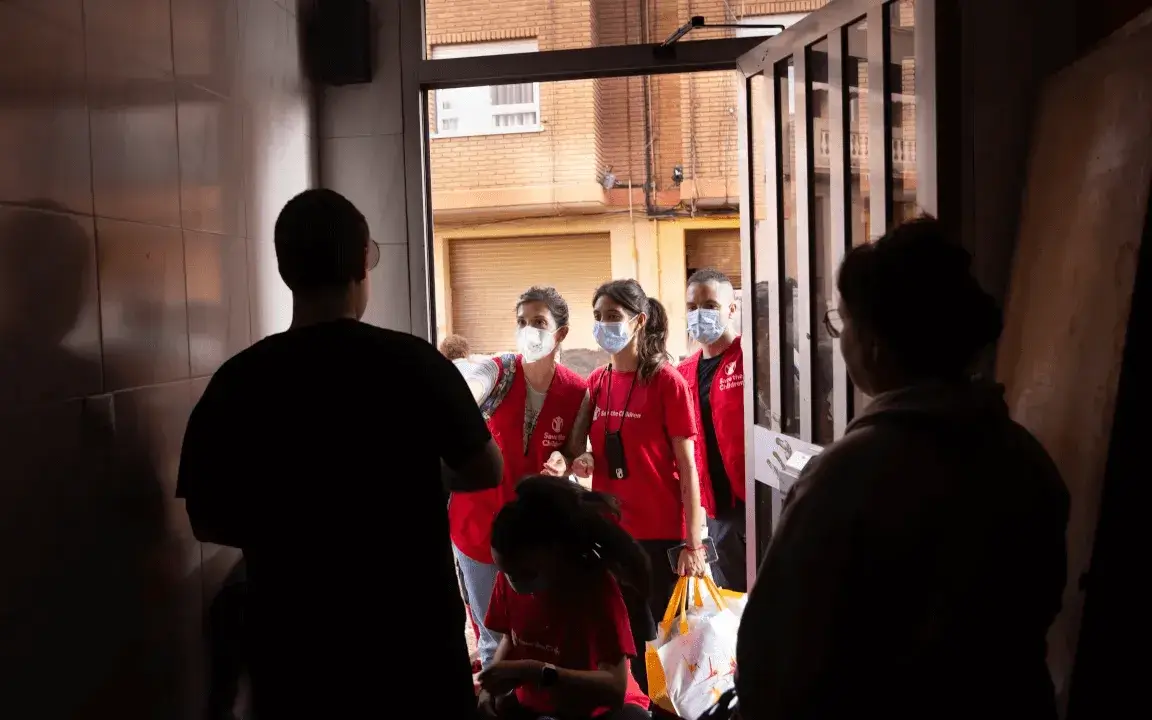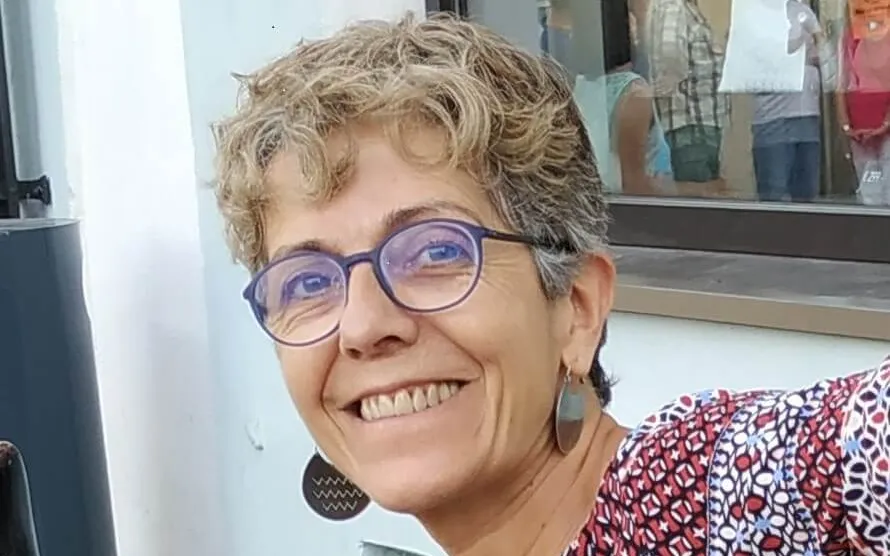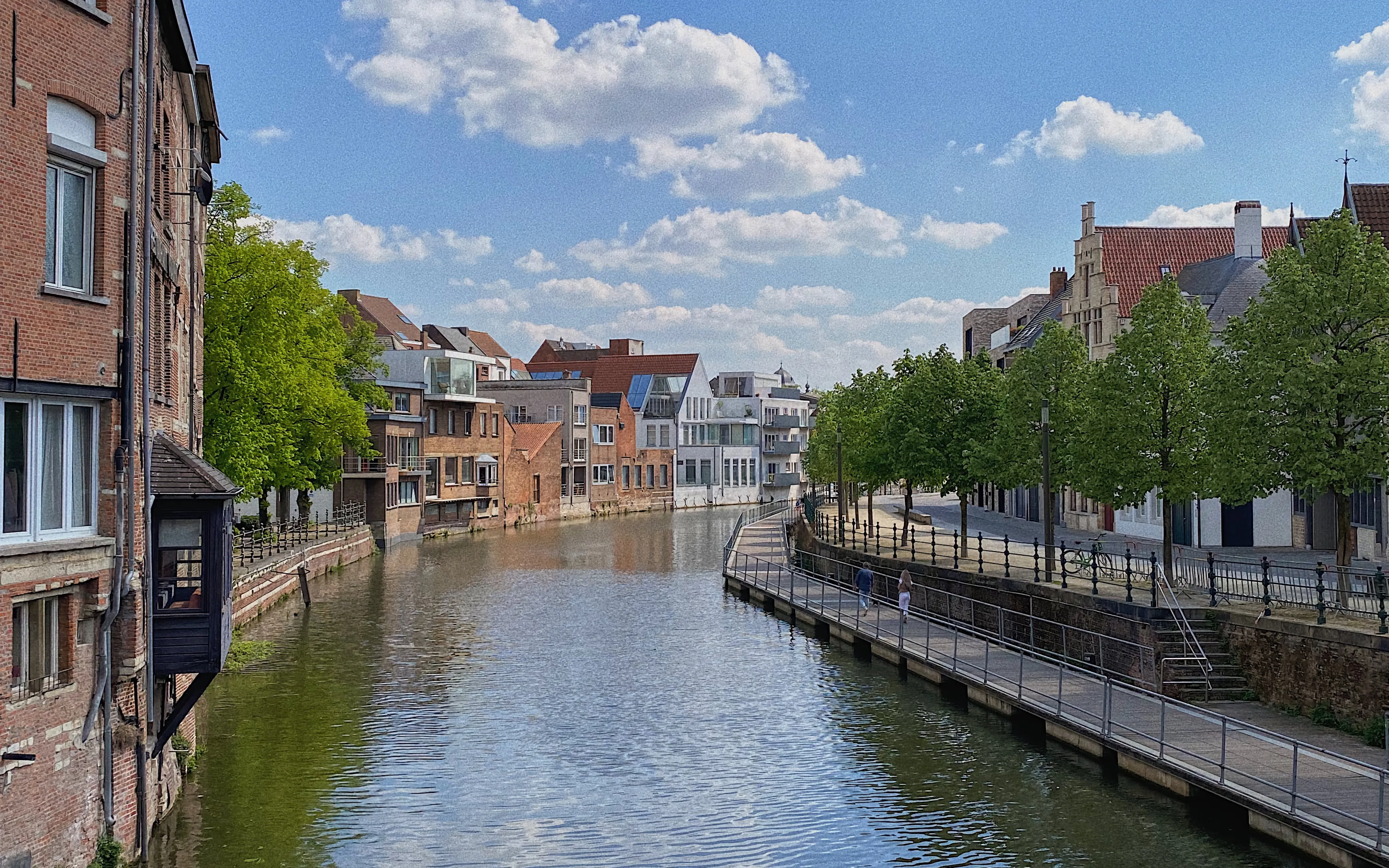The first phase of the Crisscross project consists of a series of discussion groups to obtain a diagnosis about leisure spaces.
Preventing, detecting and acting against sexual violence against women and non-normative identities in leisure spaces, this is the aim of the Crisscross project, a European initiative coordinated by the Welfare and Development Association) (ABD), in collaboration with other social organizations from all over Europe, including the Italian entities ACRA and Cooperativa Lotta Contro l'Emarginazione, the Association Kosmicare from Portugal, 4MOTION from Luxembourg, the Irish health service Health Service Executive and the University of Seville.
The first phase of the project, currently underway, consists of the preparation and realization of a series of discussion groups in which. as ABD's European project coordinator, Lara Rot, explains, "we want to know better what experiences young women have in nightlife spaces and to be able to grasp the violence they suffer according to gender".
With this aim, three discussion groups have been launched with three different profiles: cis women, trans people and cis men. "In the case of women", says Rot, "we ended up having a waiting list, which tells us that girls have a lot of interest in talking about this topic." The coordinator of European projects of ABD explains that, in the case of the group of trans people, the call also worked very well, but in the case of cis men "it was very difficult to be able to fill the group".
In addition, throughout the process, the participation of professionals in the areas of prevention and risk reduction who are in daily contact with young women to detect their perceptions has also been counted on.
In the discussion groups, in addition to the violence that occurs in nighttime entertainment spaces, substance consumption has also been discussed as one of the variables of violence. "Everything associated with consumption", explains Lara Rot, "acts, in the popular imagination, as legitimizing violence". It is for this reason that we wanted to take this variable into account to "find out what are the beliefs or social norms that are linked to consumption in young people and how they interact with attitudes of violence".
The dynamics of the groups has been possible thanks to the work of several facilitators who were always of the same gender as the people participating in the group. "When dealing with such sensitive issues," says Rot, "you need to be as representative as possible and to be in dialogue with people who have the same experiences as you, it makes it easier."
Sexual violence, increasingly common among young people
The Crisscross project is launched as a response to the increase in cases of sexual violence among young women. This type of violence has a particularly serious impact on young women and the LGBTI community. European Union statistics reveal that 9% of women between the ages of 18 and 29 have suffered sexual violence from an aggressor who was not their partner.
In Spain, according to the 2019 macro survey on violence against women, women aged 18 to 24 are the population group that suffers the most from sexual violence by an aggressor who is not their partner. Of the total number of women who took part in the survey, almost 20% had experienced this type of aggression in nightlife, leisure and socializing spaces, such as nightclubs, bars or pubs.
Furthermore, analysis of cases and judgments on discrimination, including LGTBI-phobia and other forms of discrimination, indicates that physical assaults perpetrated by cis men against gay men often take place in public spaces outdoors or in leisure establishments, in more than half of the cases.







Add new comment